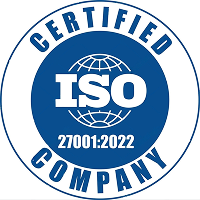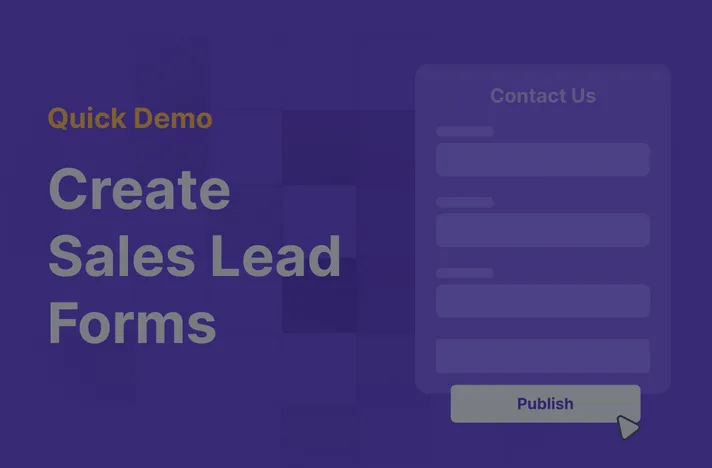1000s of sales executives have automated their lead capture with Refrens sales lead forms⚡
Capture, Nurture, and Convert
With our powerful sales CRM, you can not only capture leads, but also engage with them via email/WhatsApp, track them across different sales pipelines, forecast future revenues, and convert them faster with end-to-end automation.
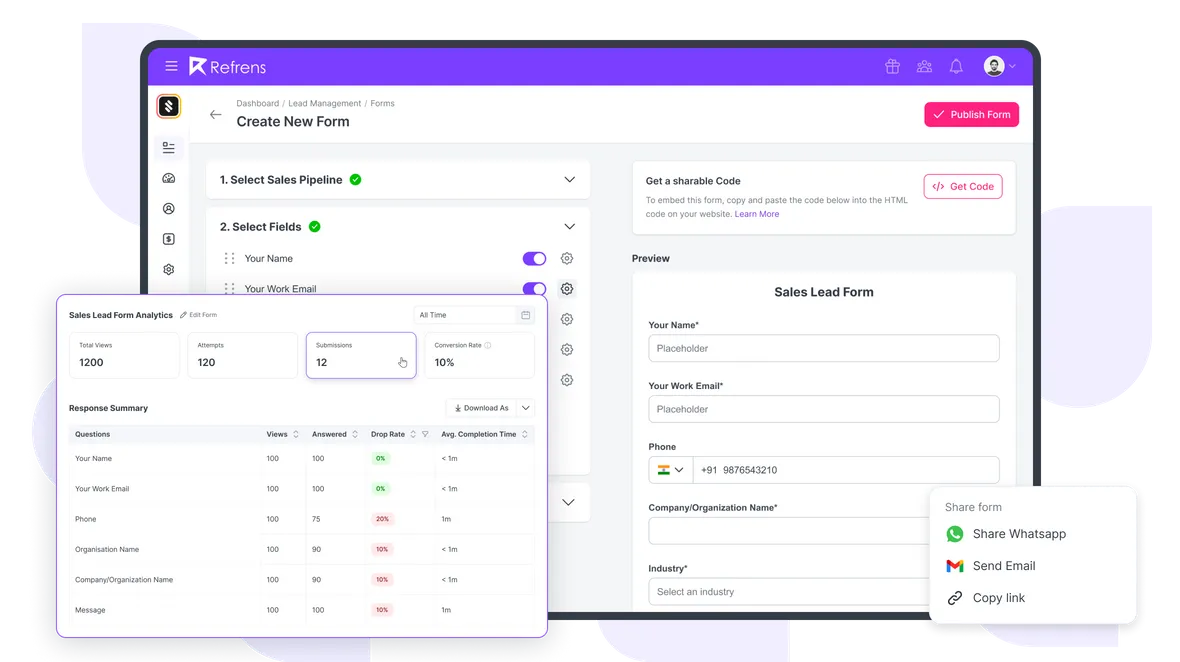
Supercharge your sales process in 3 simple steps
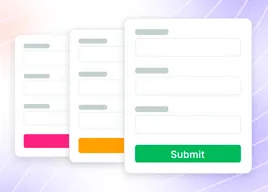
Create & CustomizeCreate custom sales lead forms with different field types such as radio button, dropdown menu, checkboxes, boolean, email, currency, etc. Decide which fields to keep mandatory or hidden. No technical knowledge required.
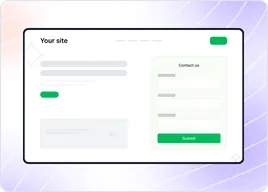
Embed & ShareIncorporate the form on your site, trigger it with a button, or share a unique link across your social platforms & ad campaigns.
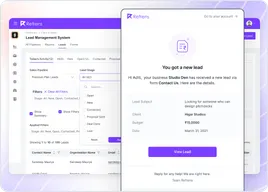
Connect & ConvertGet notified when a new lead is received, Instantly connect with them via email with pre-filled templates or send a WhatsApp in a couple of clicks, Convert leads faster with comprehensive tracking & automated follow-up reminders.
Rated ⭐ 4.8/5 based on 11700+ Ratings
Happy Customers

Refrens has made lead capture a breeze! The built-in CRM integration is revolutionary. No more platform hopping!

The hidden fields feature is brilliant! I can get a better context of customers' requirements without them having to spell it out.
RubitaFreelance Developer

Responding to inquiries directly from Refrens, be it via email or WhatsApp, has made our workflow smooth. The pre-filled email templates are a time-saver!
AnjaniFounder, Brown Mocha

Refrens has taken the stress out of follow-ups. The automated reminders ensure we're always on top of our game.

Refrens Forms has transformed the way we manage inquiries. The ability to embed forms and share them across our social media is incredibly efficient.
Shivansh TulsyanCEO, Binny Textiles
Don’t Just Collect Leads - Convert Them
Sales Lead Forms With In-built Sales CRM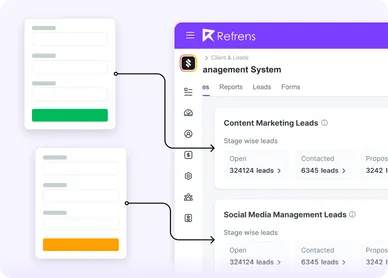
Customised Pipelines For Different Offerings
Manage leads more efficiently with separate pipelines for different products, services, and geographies that require different sales processes.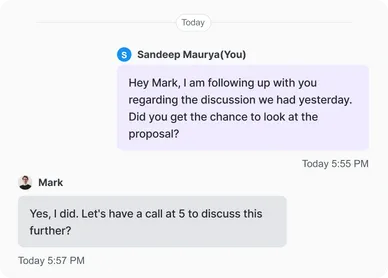
Centralised Communication
Quickly close leads with pre-filled email templates and one-click WhatsApp messages. Track all your leads communication in one place.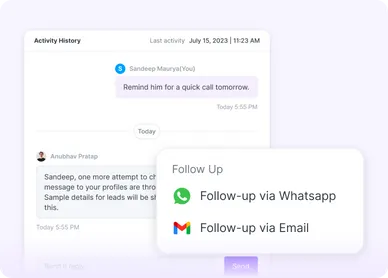
Follow-Up Faster Than Your Competition
Our automated follow-up reminders will ensure you always stay ahead of the curve. Never miss an important opportunity. ever.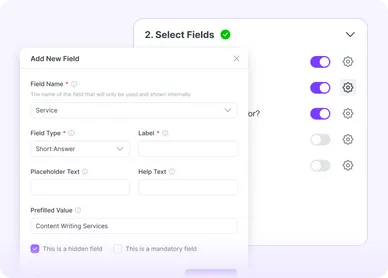
Know Your Lead's Precise Interest - Without Having To Ask!
If you have multiple products or services on your website, you can create lead capture forms with auto-filled hidden fields for each. This way you will know which product or service they are interested in - without even having to ask!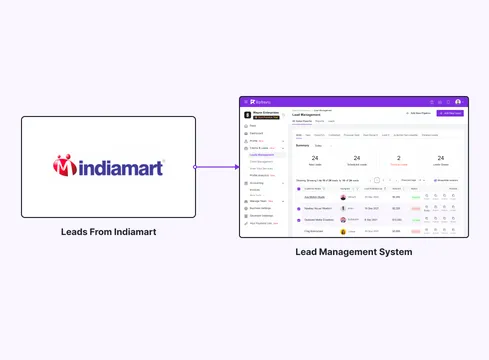
Capture IndiaMart Leads Into Refrens Automatically
Connect your account with IndiaMart to automatically capture all your leads data into Refrens. Manage leads, get detailed sale reports, send email & Whatspp messages, create quotations & invoices, and more. - all in just a few clicks!The smartest investors in the room are backing our vision.
People who understand money, match-making and all things Internet.
Vijay Shekhar SharmaFounder, Paytm

Anupam MittalFounder, Shaadi.com

Kunal ShahFounder, CRED
Company
Products
- Cloud Accounting Software
- |
- AI Accounting Agent
- |
- GST Billing Software
- |
- e-Way Bill Software
- |
- e-Invoicing Software
- |
- Invoicing Software
- |
- Quotation Software
- |
- Lead Management Software
- |
- Sales CRM
- |
- Lead to Quote Software
- |
- Expense Management Software
- |
- Invoicing API
- |
- Online Invoice Generator
- |
- Quotation Generator
- |
- Quote and Invoice Software
- |
- Pipeline Management Software
- |
- Invoicing Software for Freelancers
- |
- Indiamart CRM Integration
- |
- Billing Software for Professional Services
- |
- Invoicing Software for Consultants
- |
- Inventory Management Software
Refrens for CAs

Made with and in Bengaluru.
Refrens Internet Pvt. Ltd. | All Rights Reserved
This site is protected by reCAPTCHA and the Google Privacy Policy and Terms of Service apply.